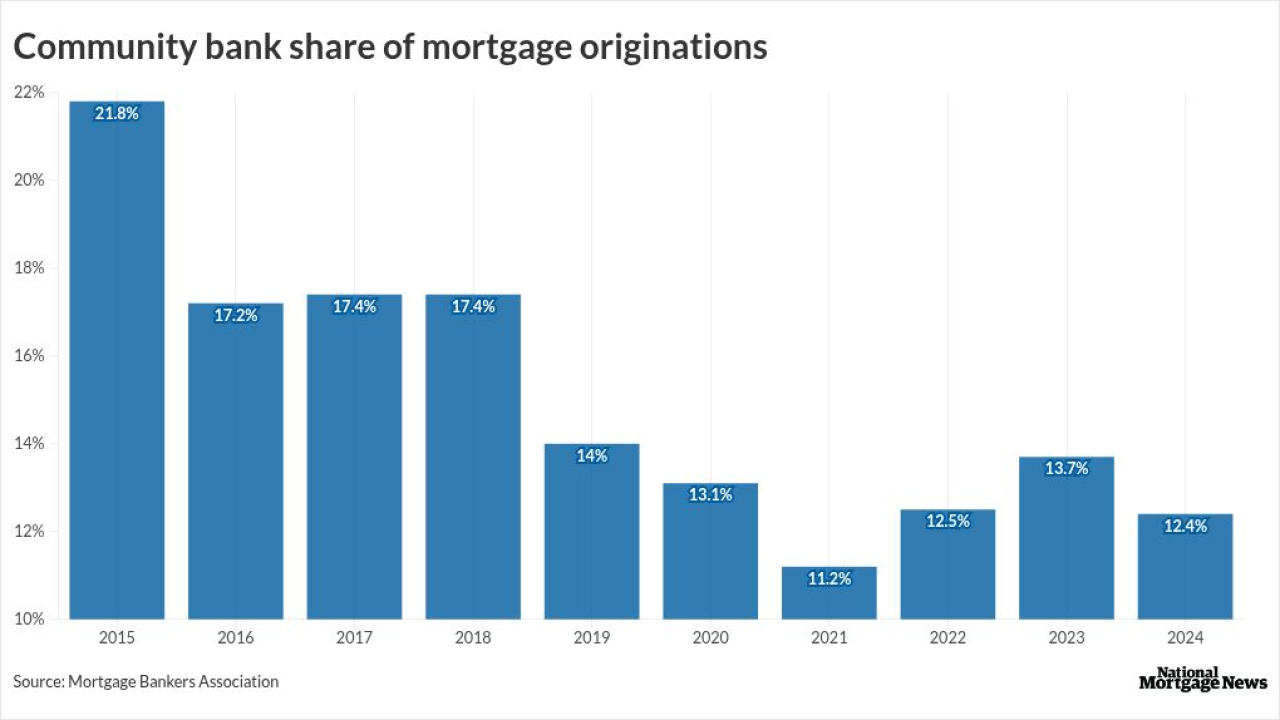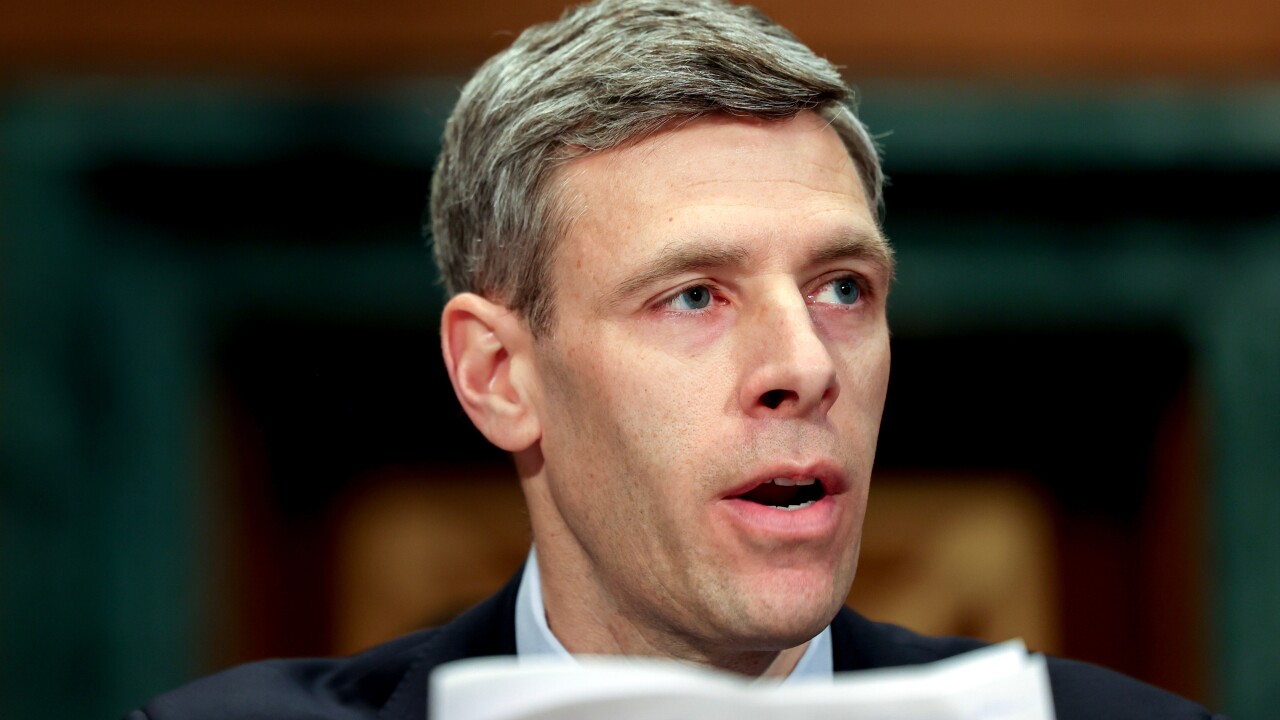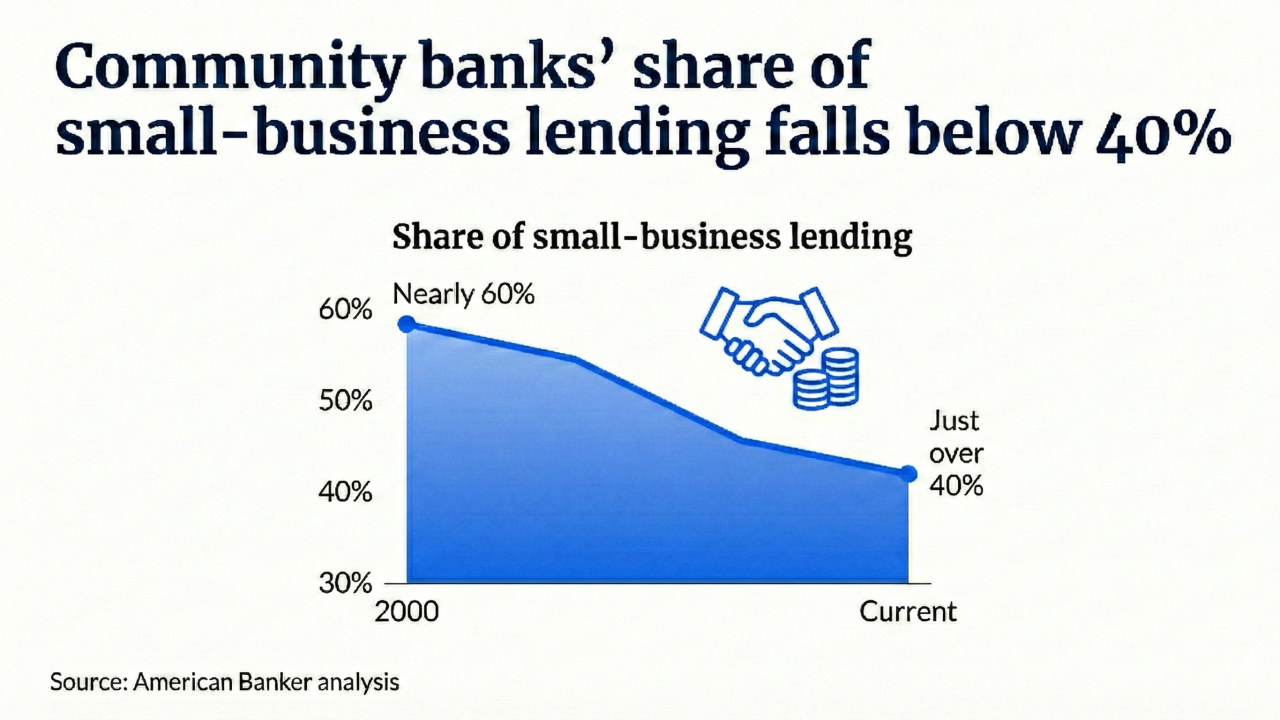
A former top executive at Discover Financial Services alleges in a new lawsuit that she was a "convenient scapegoat" after major errors in charges to merchants came to light.
Lawyers for Diane Offereins, who headed Discover's payments division before retiring last year, say in the suit that the company canceled $7 million in unvested stock that she had earned.
The dispute follows
The initial misclassification that led to the merchant overcharging occurred "around mid-2007," according to Discover's initial disclosure of the error. Offereins, 66, had led Discover's payments arm since 2009.
"She was not responsible for the classification of cards; she had repeatedly raised concerns about the classification issues; and she had advocated for ways to change it," her lawsuit says.
The complaint also alleges that Offereins was the victim of gender and age discrimination, stating that she "was the only woman and the only retired Discover executive committee member" to lose stock in connection with the problems.

Discover did not immediately respond to a request for comment.
In the lawsuit, Offereins says the merchant charging issue was "well-known within all divisions of the company for years" and that she "fully cooperated" with an internal investigation. The lawsuit was filed Wednesday in federal court in Illinois.
Days before she retired, Offereins spent three hours with outside lawyers who were leading the internal investigation. The lawsuit says she did not get "any follow-up inquiries" after the interview, nor any suggestions that she was suspected of improprieties.
Months later, Discover cited "misconduct" and the investigation's findings in canceling Offereins' stock awards — which were due to vest the next day.
"In reality, this was a convenient, pretextual excuse," the lawsuit states.
The lawsuit argues that Offereins was successful in building out Discover's payments network, which today reaches more than 70 million merchants.
Offereins has
Her lawsuit alleges that Discover's card issuance division — not the payments division that she led — was responsible for the classification errors. Offereins "made proactive efforts" to address the issue before internal investigations did so, even though it was "clearly beyond the scope of her duties," according to the suit.
Top Discover leaders were aware of the issue for at least a decade, the lawsuit adds, citing discussions in 2010 about reclassifying the cards in question.
While Offereins lost $7 million in stock, the company canceled only one year of equity awards to former CEO Roger Hochschild, who resigned weeks after the company disclosed the errors, according to the lawsuit.
Another top Discover executive, who led the card issuance division, had his cash bonus reduced from approximately $1.5 million to roughly $150,000, the lawsuit states.
The suit also asserts that employees who weren't retired "faced little to no punitive consequences."
Discover "believed it would skirt accountability and avoid a bureaucratic nightmare with executives who were not retired, while collecting substantial amounts of Ms. Offereins' unvested equity," the lawsuit says.
Discover has sought to fix and close the door on the misclassification ahead of closing its merger with Capital One. In July, the company






